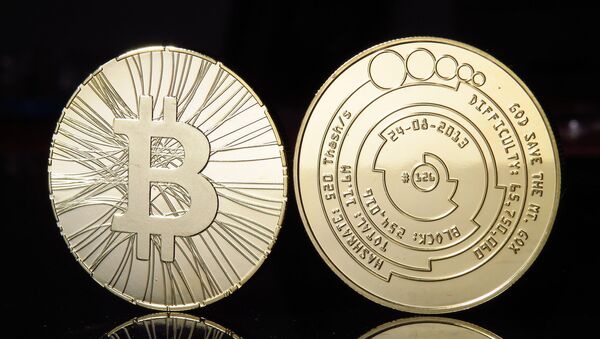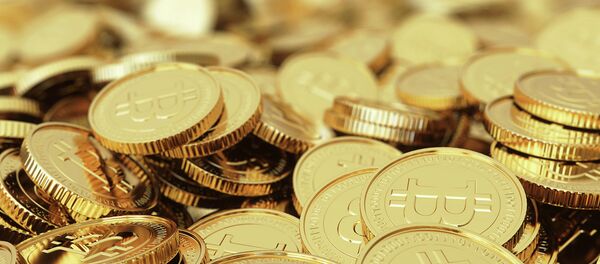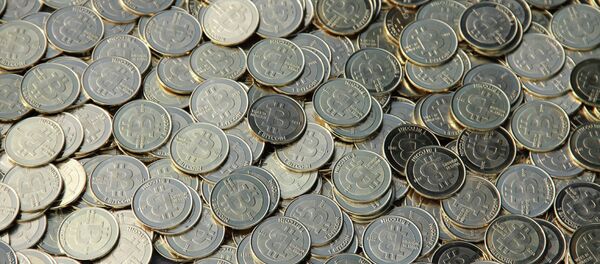"If that [passing of the law] occurs, it may dip the Bitcoin price a bit lower, depending on how many countries would follow in Russia's steps," he said. However, Russia has been hinting at a Bitcoin ban. So it will probably be a less volatile drop, if a drop even occurs."
If the Russian government can successfully crack down on the Bitcoin community, there is still difficulty in identifying Bitcoin users. There will probably be a rise in altcoins {a Bitcoin alternative] in Russia, he suggested, if altcoins/tokens aren't also banned.
Schouterden, however, suggested that a successful crackdown by the Russian government is highly unlikely because of the difficulty and pseudo-anonymity of Bitcoin.
While some countries have explicitly allowed their use and trade, others have banned or severely restricted it. Some countries that allow or tolerate cryptocurrencies have chosen to treat them as foreign currencies, sometimes with the status of legal tender; while others have denied them currency status but consider them valuable property.
There are at present no legal acts that specifically regulate the use of Bitcoins in the Russian Federation.
"It is noteworthy though that Australia has recently said Bitcoin and digital currencies aren't "currencies" and thus fall under the GST-act [Goods and Services Tax], Schouterden said. "This means that taxes can be levied immediately on Bitcoin owners/businesses etc. There will be a hearing later in 2015 but in theory, since they declared Bitcoin "not a currency", it can be taxed."
Nevertheless, he is convinced change may be coming much sooner than his predictions since the banks are already testing Bitcoin and the blockchain technology for themselves.
He also stressed the advantages of the Bitcoin: It is faster, safer and more secure than an average credit card or bank transfer. When creating a wallet, there is no "creation fee" or anything like that. There aren't annual costs or transaction costs or any other extra cost. All you need is a connection to the internet and you are set. Bitcoin transfers are extremely fast, whereas bank transactions often take place between nearly immediately and an hour.
Nevertheless, in 2014 it has been named the world's worst-performing currency, according to Bloomberg, falling by more than 56 percent through the year.



